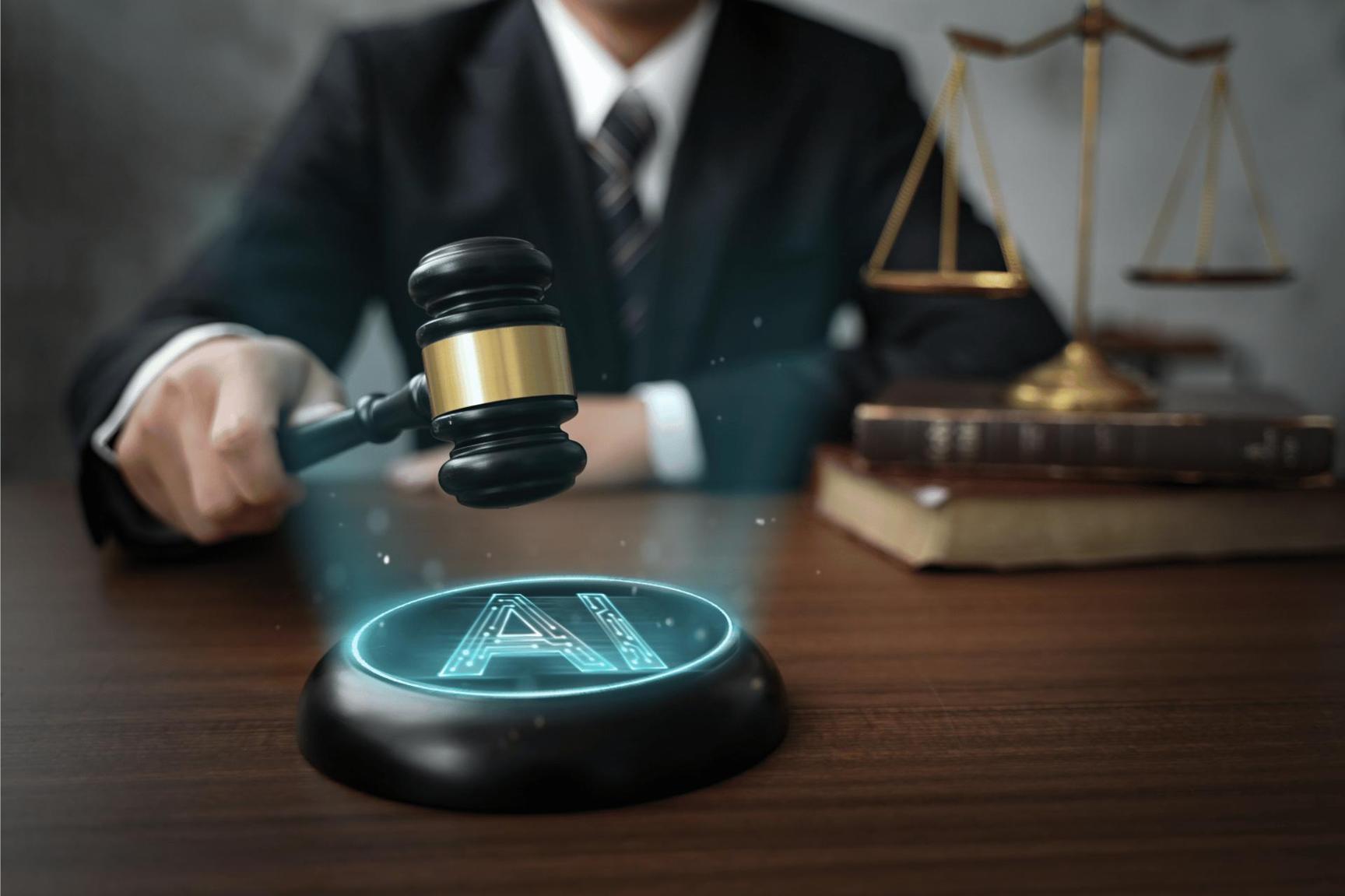Africa-Press – Zimbabwe. AN uproar has erupted over the growing influence of artificial intelligence (AI) in the justice system. At the centre of this storm lies a pressing question: Is AI a brilliant assistant to lawyers or an imposter posing as one?
While some legal practitioners are reaping the benefits of AI-powered tools, others have fallen victim to its misleading outputs.
In a recent Zimbabwean case, a senior lawyer was compelled to write a formal apology to the Supreme Court of Zimbabwe after it was discovered that one of his legal researchers had submitted heads of argument containing defective and non-existent case references. The error stemmed from the researcher’s reliance on AI-generated legal research.
This incident highlights a troubling reality. While AI offers immense potential, blind trust or misuse, especially without verification, can lead to professional embarrassment and judicial missteps.
Such developments raise serious questions about the role and reliability of AI in legal practice, and whether the justice system is ready to embrace this digital assistant without compromising its foundational principles.This concern is not unique to Zimbabwe. Across the globe, similar incidents are unfolding.
In the United States, the case involving the Semrad Law Firm began last year when attorney Thomas Neild submitted a legal brief containing case law generated by ChatGPT. The AI confidently cited legal authorities that, upon review, were entirely fictitious.
The court found that Neild, who had not verified the references, misrepresented facts and failed in his duty of candour. He was subsequently fined US$5 500 for presenting fabricated citations, and the judge emphasised that legal professionals cannot delegate their ethical duties to AI.
Likewise, in South Africa, there has been a noticeable rise in cases where the misuse of AI has worked to the detriment of legal practitioners. One such case involved a dispute brought by the mining company Northbound Processing against the South African Diamond and Precious Metals Regulator.
In this matter, AI was misapplied during legal proceedings, contributing to flawed arguments. Incidents like these have prompted growing concern within the South African legal community.These episodes, like the one in Zimbabwe, expose how generative AI tools are beginning to shake the foundations of legal practice.
In response, many lawyers are now advocating for formal guidelines on the responsible use of AI in courtrooms.
The arguments and cases generated by AI may be persuasive, but they are often unverifiable. Their outputs challenge core legal principles such as transparency, fairness, and accountability.
As AI continues to integrate into legal workflows, these cases serve as stark reminders that technological convenience should never override rigorous professional judgment.This is a necessary and timely step; one that the rest of the continent should seriously consider.
Establishing clear rules and ethical standards for AI use in legal practice will not only protect the integrity of judicial processes but also help ensure that innovation serves justice, rather than undermining it.The urgency of this conversation is growing globally.
Tech entrepreneur Andrew Yang recently posted on X (formerly Twitter): “A prominent partner in a law firm had told him that AI is now doing the work that used to be done by first and third year associates. AI can generate a motion in an hour that might take an associate a week, and the work is better. Someone should tell the folks applying to law school right now.”
The thread was characterised by a range of opinions, but what stood out in the engagement is the urgent need to verify all information generated through AI. This underscores the enduring importance of human oversight.
Even as AI becomes more capable, it cannot replace the critical thinking, ethical responsibility, and contextual understanding that legal professionals bring to their work.Moreover, one must question: to what extent are these AI-related mishaps a result of poor legal training or a deficit in critical thinking skills?
If lawyers were better trained on the origins, limitations, and use cases of generative AI, would such lapses in judgment still occur? In some cases, what appears as “misuse” may simply be a lack of training.
In others, it might reflect deeper issues in the legal profession; particularly a growing reliance on shortcuts that discourage thoughtful engagement with legal
materials.The integration of AI into the legal profession is no longer a question of if, but how.
From the United States to Zimbabwe, and South Africa in between, the legal community is witnessing both the promise and peril of AI in real time. When used wisely, AI can streamline research, automate routine tasks, and enhance efficiency.
But when used carelessly — or worse, lazily— it can erode trust in the legal system. This is particularly concerning in contexts like Africa, where trust is already fragile.
Afrobarometer data from 39 African countries shows that since 2011, public trust in the courts has dropped by 10 percentage points. In such an environment, the unwise use of AI doesn’t just risk inefficiency, it risks deepening a crisis of confidence in justice itself.
The solution is not to reject AI, but to regulate and respect it. Clear ethical guidelines must be developed across jurisdictions to govern how AI is used in legal work.
Mandatory training and AI literacy should be introduced into legal education and professional development. Most importantly, legal practitioners must remember that AI is a tool — not a replacement for legal reasoning, human judgment, or intellectual effort.
Lawyers must not surrender their critical thinking to algorithms. Laziness in the profession is not just unprofessional, it is dangerous.
AI can easily become a crutch that stifles creativity, weakens analytical skills, and dulls a lawyer’s most essential weapon: the mind. At best, AI should challenge lawyers to be sharper, faster, and more precise.
At worst, it can lull them into complacency, undermining the very integrity of the profession.As we stand at the crossroads of justice and technology, the future of law will depend not on how advanced AI becomes, but on how responsibly and thoughtfully we choose to use it.
The law is not just about logic, it is about ethics, nuance, and human understanding. And no machine, no matter how powerful, can ever fully replace that.
For More News And Analysis About Zimbabwe Follow Africa-Press






